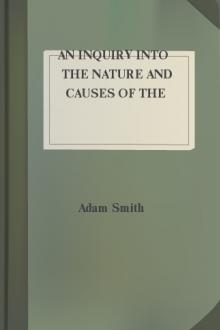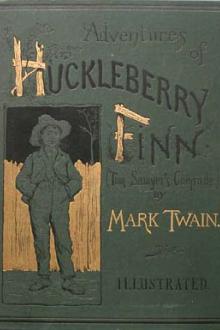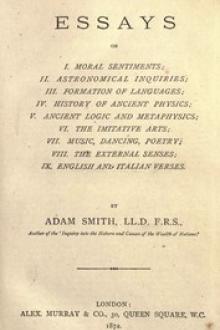An Inquiry into the Nature and Causes of the Wealth of Nations
An Inquiry into the Nature and Causes of the Wealth of Nations
An account of economics at the dawn of the Industrial Revolution, as well as a rhetorical piece written for the generally educated individual of the 18th century - advocating a free market economy as more productive and more beneficial to society. --Wikipedia
Book Excerpt
frequently of a hundred times, more labour than the greater part of those who work ; yet the produce of the whole labour of the society is so great, that all are often abundantly supplied ; and a workman, even of the lowest and poorest order, if he is frugal and industrious, may enjoy a greater share of the necessaries and conveniencies of life than it is possible for any savage to acquire.
The causes of this improvement in the productive powers of labour, and the order according to which its produce is naturally distributed among the different ranks and conditions of men in the society, make the subject of the first book of this Inquiry.
Whatever be the actual state of the skill, dexterity, and judgment, with which labour is applied in any nation, the abundance or scantiness of its annual supply must depend, during the continuance of that state, upon the proportion between the number of those who are annually employed in useful labour, and that of those who are not so employed. The number of us
Editor's choice
(view all)Popular books in Politics, Banned Books, Harvard Classics, Non-fiction
Readers reviews
5.0
LoginSign up
Adam Smith's Wealth of Nations should be required reading for anyone interested in economics, history and politics.
Smith's arguments about the role of government and the reasons wealthy nations are wealthly
Wealth of Nations is one of those rare books that is still relevant over 200 years after it was published (in 1776) and will still be relevant 200 years from now.
Many people mistakenly think Smith favoured laissez-faire capitalism. He didn't. Read it for yourself and discover what Smith really advocated. His arguments still resonate across the centuries.
Smith's arguments about the role of government and the reasons wealthy nations are wealthly
Wealth of Nations is one of those rare books that is still relevant over 200 years after it was published (in 1776) and will still be relevant 200 years from now.
Many people mistakenly think Smith favoured laissez-faire capitalism. He didn't. Read it for yourself and discover what Smith really advocated. His arguments still resonate across the centuries.
- Upvote (0)
- Downvote (1)
It is a classic and the first of its kind.
02/22/2007

 Free Download
Free Download






















-itok=vcKIB5v1.jpg)
